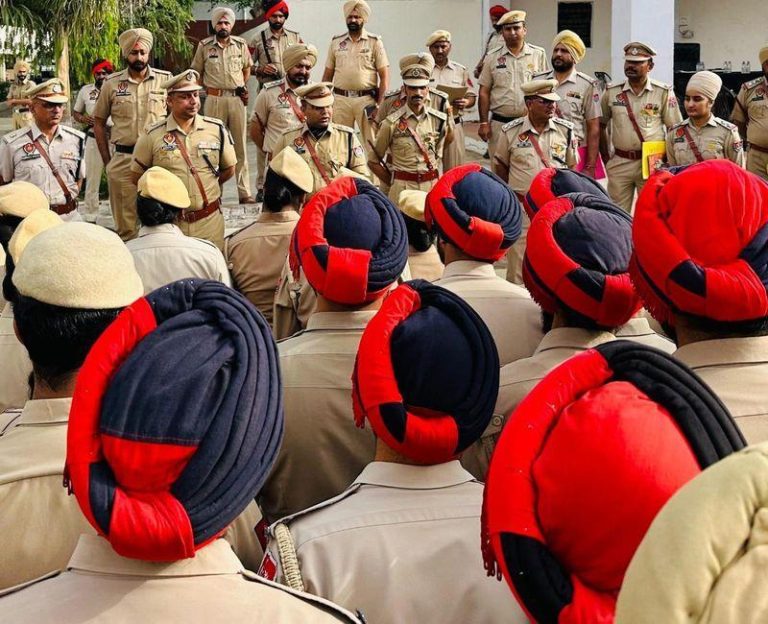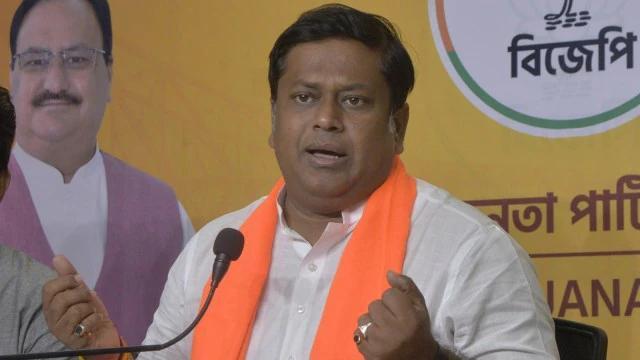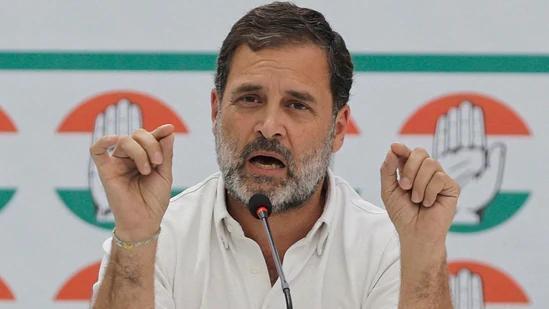
How much clout does CPI really have in LDF?
The Left Democratic Front (LDF) government in Kerala has been making headlines recently for its decisions, which have been met with strong opposition from various quarters. Two recent examples that come to mind are the decision to set up a brewery in Elappully, Palakkad, and the imposition of toll on roads funded by the Kerala Infrastructure Investment Fund Board (KIIFB). While environmentalists and even the Communist Party of India (CPI) opposed these decisions, the government has gone ahead with them, citing its commitment to development.
The decision to set up the brewery in Elappully has been widely criticized for its potential to deplete the region’s groundwater. The area is already facing severe water scarcity, and the brewery is expected to consume a significant amount of water. Environmentalists have warned that this could have devastating consequences for the region’s ecosystem. The CPI, which is a key partner in the LDF government, has also opposed the decision, citing concerns over the impact on the environment.
Despite the opposition, the government has gone ahead with the decision, stating that it will not be reversed. This has raised questions about the CPI’s clout within the LDF government. If the CPI is truly a partner in the government, why is it being overridden on issues that are important to its ideology?
The toll on KIIFB-funded roads is another example of the government’s willingness to ignore opposition. The CPI has been vocal in its opposition to tolls, citing the burden they place on the common man. However, the government has gone ahead with the decision, citing the need for revenue to fund infrastructure projects.
The CPI’s inability to influence these decisions raises questions about its role within the LDF government. Is it just a token partner, or does it have any real power? The answer to this question lies in understanding the dynamics of the LDF government and the CPI’s position within it.
The CPI is one of the two main parties in the LDF, along with the Communist Party of India (Marxist) or CPI(M). The CPI(M) has been the dominant partner in the government, and the CPI has often been seen as a junior partner. While the CPI has been a vocal critic of the government’s decisions, it has not been able to influence them in any significant way.
There are several reasons for this. Firstly, the CPI(M) has a stronger organizational structure and a larger membership base than the CPI. This gives it more influence within the government and allows it to push its agenda more effectively. Secondly, the CPI(M) has been more willing to compromise and form alliances with other parties, which has given it more leverage within the government.
Despite these challenges, the CPI has been trying to assert its influence within the government. It has been vocal in its criticism of the government’s decisions and has been trying to build alliances with other opposition parties. However, its efforts have been met with limited success, and it remains a junior partner in the government.
The CPI’s limited clout within the LDF government is not unique to Kerala. In many other states, smaller parties like the CPI have been unable to influence government decisions, despite being part of the ruling coalition. This is often due to a combination of factors, including the party’s organizational structure, its membership base, and its willingness to compromise.
The CPI’s limited clout within the LDF government raises questions about its future in the coalition. If the party is unable to influence government decisions, why should it continue to be part of the government? However, the CPI may see its continued participation in the government as a way to maintain its relevance and influence the direction of the party.
In conclusion, the CPI’s limited clout within the LDF government is a reflection of the party’s organizational structure, membership base, and willingness to compromise. While the CPI has been vocal in its criticism of the government’s decisions, it has been unable to influence them in any significant way. The party’s future in the government remains uncertain, and it will be interesting to see how it navigates this challenge in the coming days.






